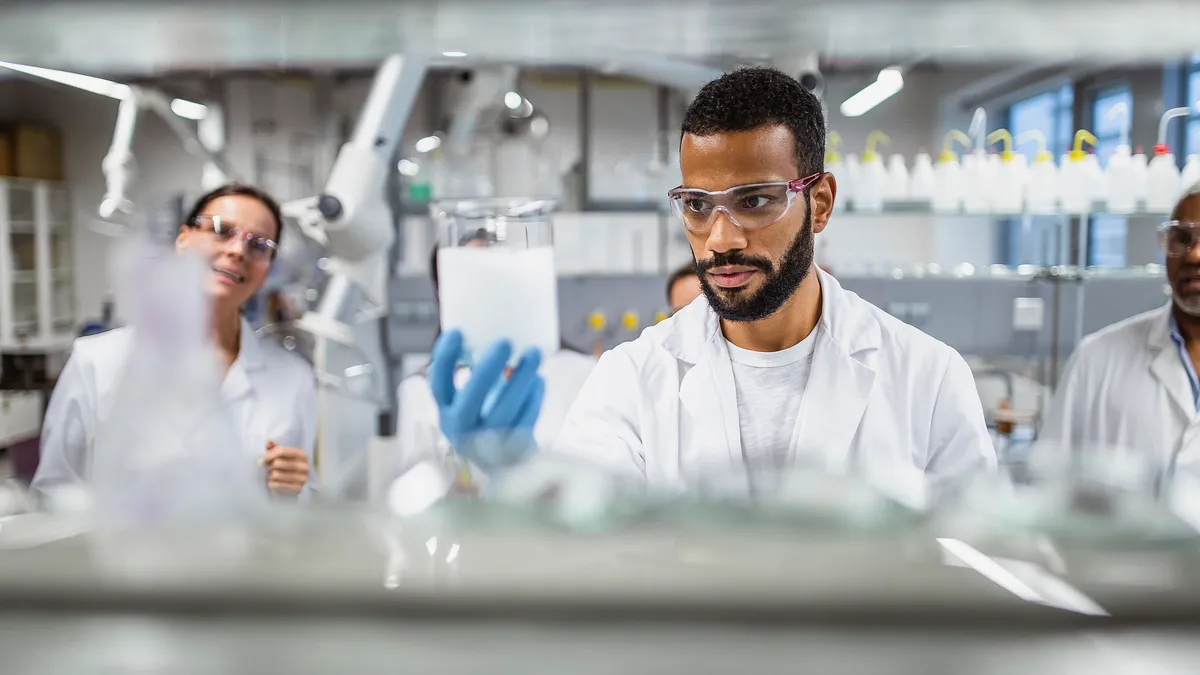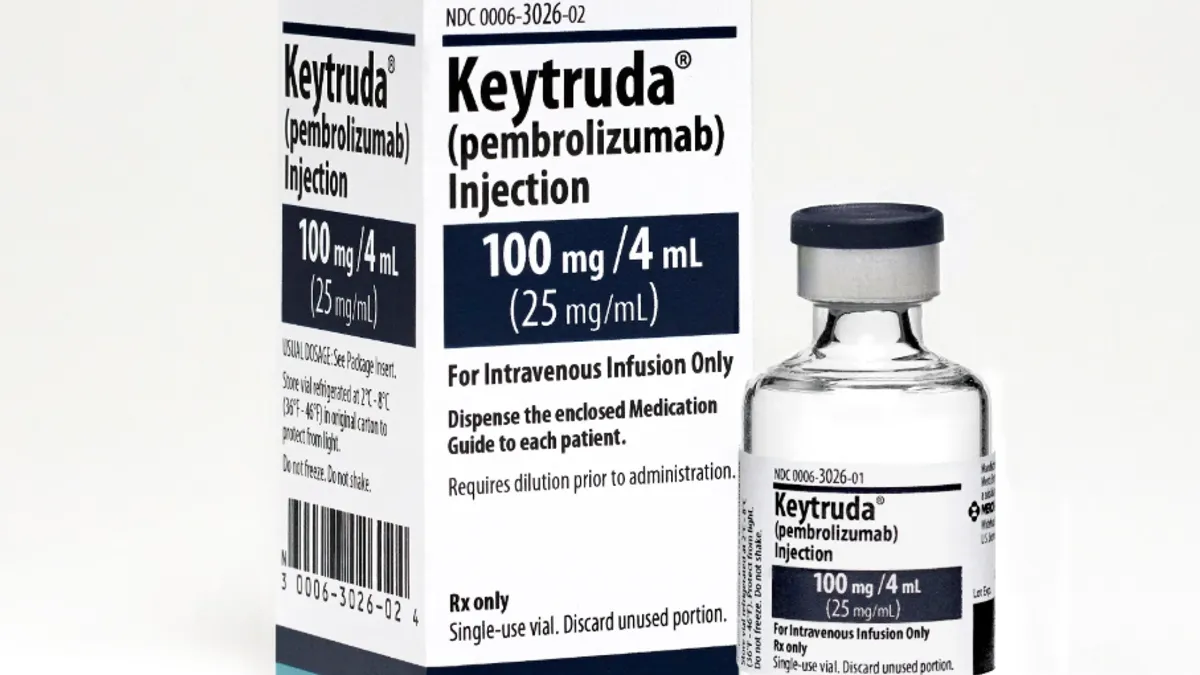As the biopharmaceutical industry evolves from the “one-size-fits-all” approach towards more personalized medicine, labs are doing the same. That’s because yesterday’s model of large-scale manufacturing and global distribution centers no longer works for today’s life science innovators as they look to target rare diseases and develop small batches of new precision medicines. The same could be said for traditional early discovery and in vivo research spaces.
“How we approach discovery, development, commercialization and delivery of medicines must change on every single level,” says Brian Taylor, CEO of SmartLabs, which is headquartered in Boston. “Everything we do must be closer to the patient, and that begins with the way we build and reconfigure labs.”
SmartLabs, which offers the first integrated platform combining reconfigurable lab infrastructure, operations and scientific expertise, is working to address some of the biggest challenges facing the biotech and life sciences industry—including limited access to capital and leaner business models—in order to accelerate and foster the discovery, development and delivery of groundbreaking scientific breakthroughs. We sat down with Taylor to talk about opportunities in the biopharmaceutical industry and his vision for the future.
Congratulations on your recently appointed CEO role. Can you tell me more about your background and the industry challenges that led you to SmartLabs?
Taylor: I've been at SmartLabs now for about three and a half years, and I've been working in the biopharmaceutical/bio manufacturing world for nearly three decades. I started my career at Genentech, where I was focused on large-scale monoclonal antibody production processes, and then later made a move to work for GE Healthcare Life Sciences, where I ran the global bio manufacturing solutions business. From there, I began to zero in more on different modalities, because I was seeing a shift in where research and development was focused, away from monoclonal antibody treatments and manufacturing at scale and towards more treatments like cell or gene therapies. I saw an industry evolving as more companies began manufacturing a high-mix product portfolio at small volumes, due to those products being more efficacious or in order to go after an orphan disease with a smaller patient population. In time, that interest led me to SmartLabs. I was energized by the opportunity to be a part of a paradigm-shifting solution that enables programs of all sizes and scales to collaborate and bring these therapeutics closer to the patient.
SmartLabs supports scientists, in part, by delivering flexible, turnkey lab solutions. Can you explain what that looks like?
Taylor: At a high level, we offer solutions and infrastructure to support the advancements of science. I like to use this analogy: you have different cars for different tasks. So if you're going to race around a speedway, you’re going to take your sports car. But if you’re going down to the market to pick up 10 bushels of apples, you’d take your pickup truck. Now, apply that to science. If you're going to do chemistry work, you have different kinds of lab needs than you will for biology research. SmartLabs delivers a one-base infrastructure that can be adapted and converted into any lab environment that you might need, reconfiguring, say, a biology lab that we’ve built into a chemistry lab in about four to six weeks.
For example, consider an organization is making antibody drug conjugates. They may need a biology lab to develop that monoclonal antibody, but then the actual drug that they’re attaching to it is probably a chemical, in which case you need a chemistry lab. Companies work with us because we help make that lab conversion possible. And our team offers expert guidance and deep and continuous operational support all along the way.
When you think of the future of medicine, what do you see? And how is SmartLabs helping to get there?
Taylor: I have a dream that one day, if a child has lymphoblastic leukemia and is being treated with CAR T-Cell therapy, the entire process will be run right next to their bedside. Afterall, we need their blood and their cells to do that work. Wouldn't it be incredible if it happened right there in the hospital? I believe we can get there, but that path requires us to rethink everything. We can’t go from today’s global central manufacturing to the patient’s bedside in one step.
SmartLabs can help bridge the old way to the new way, as we help partners in science make these gradual changes. Regional CAR T-therapy centers, for example, can be built on a platform like ours that is highly flexible and adaptable to different manufacturing processes and process development work. From there, you can start to move even closer, going from a regional center to a local hospital, and then to the patient’s bedside.
When I look to the future, I think just about anybody who’s in the industry today will agree that we need to approach things differently. At the same time, we’ve made unbelievable strides in our understanding of diseases. For many years, we tried to poison the disease and keep it at bay, whereas today we’re talking about fundamentally curing the disease by programming the human body to fight it.
With that said, I am incredibly hopeful about the future, and how these developments will benefit patients. And I’m confident that SmartLabs will be a trusted partner in helping to bring about meaningful change so that R&D, manufacturing and more can support today’s unprecedented diversity and pace of scientific innovation, delivering groundbreaking treatments to patients who need them most.
SmartLabs was founded in 2015 based on the belief that modern science requires a new, adaptable resourcing infrastructure as the standard to future-proof the industry and accelerate the pace of scientific breakthroughs for everyone, everywhere. The company offers the first integrated platform combining flexible lab infrastructure, operations, digital solutions, and scientific expertise. Its Managed Research Centers allow clients to access private, enterprise-grade R&D infrastructure and manufacturing solutions "as-a-service" without upfront capital investments, providing holistic end-to-end life science solutions for various modalities across all stages of the drug development cycle. With headquarters in Boston, SmartLabs serves diverse biotech, biopharma and life sciences organizations with a unique model designed to help enable the future of the industry. For more information, visit www.smartlabs.com.








